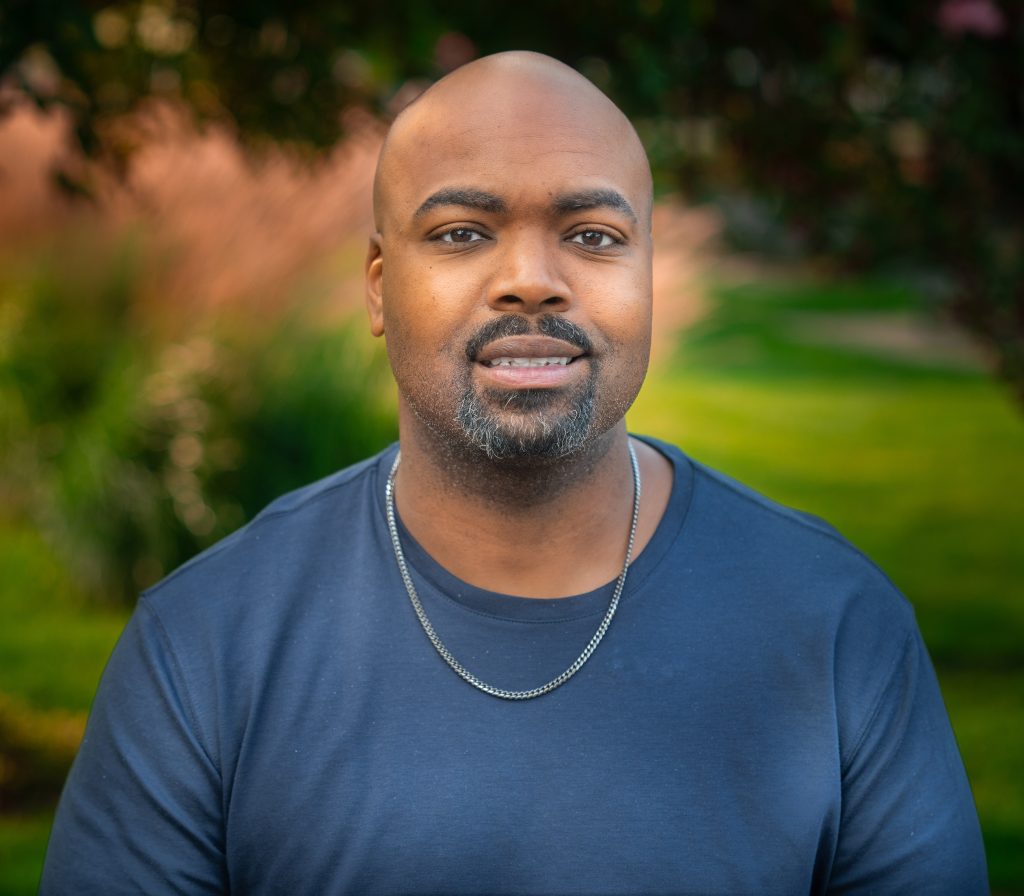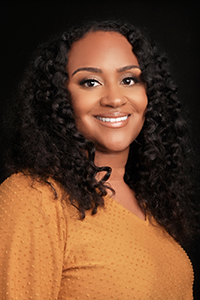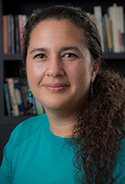Minnesota school leaders must create an equitable and culturally responsive space for all students to learn. In order to drive change, racial equity must be at the center of instructional leadership. Join us for ULA’s 2023-2024 workshop series to focus and reflect on what it means to be a racially equitable leader, providing expertise and vision for your district, your school, your team, and your classroom.
ULA workshops will be held from 8:30 am – 2:30 pm. A light breakfast and lunch are included. CEUs earned: 5 per workshop (both teacher clock certificates and administrative CEU certificates are available).
Next workshop:
Community-Engaged Educational Leadership: A Practical Approach
—Darrius Stanley
February 29, 2024, 8:30 am – 2:30 pm: Mounds View Community Center (5394 Edgewood Dr, Mounds View, MN 55112)
Registration for this workshop has closed. Sorry, refunds will not be applied.

Contemporary U.S. schools (educators and other school officials) exist in a paradox, with increased awareness of inequities and an eerie paralysis when it comes to addressing them. Presently, school-communities across the country recognize that Black, Brown, Indigenous, LGBTQIA2S+ and other intersectional, minoritized communities have and continue to experience everyday forms of exclusion as they matriculate through U.S. educational spaces. Despite calls for systemic and institutional reform, resetting and transformation, many schools and districts across the country have reverted to the “business as usual” and “getting back to normal” logics which sustained pre-pandemic inequities.
In this presentation, Dr. Stanley offers educational leaders and practitioners a different way to approach leading school-communities in these turbulent times. He proposes Community-Engaged Leadership to authentically re-center students, families, and communities in the work of school and district transformation. He centers the community-focused practices and frameworks of traditionally marginalized communities (e.g., Black, Indigenous) to advance a framework for community-engaged educational leadership. Specifically, he connects research and praxis to support educational leaders’ efforts to close “gaps” between schools and historically disenfranchised communities. He will historicize and contextualize the contemporary fissures between schools and communities which necessitates community-engaged leadership. Further, he will discuss four research-informed, practical pillars to responsible community engagement—listening, engaging, advocating, and partnering—and will offer practical ways for educational leaders to move from institutional-focused engagement to community-focused engagement, which can be leveraged to the interrupt the everyday, institutionalized forms of oppression experienced by historically disenfranchised youth and families.
Dr. Darrius A. Stanley is an Assistant Professor and Carmen Starkson Campbell Endowed Fellow for Innovation in Teacher Development at the University of Minnesota College of Education and Human Development’s Department of Organizational Leadership, Policy, and Development. His work centers the political, educational, and philosophical perspectives of Black people to unearth Black genius and possibility in education. His scholarship sits at the intersection(s) of Black education, Black educators, community engagement and educational leadership. He hopes to uplift Black people’s communal ways of knowing and existing in education, in hopes of envisioning a path to educational liberation. He leverages historical, community-based, and intersectional qualitative methodologies to better understand the experiences of Black educators in K-12 educational spaces. Further, his work builds on the rich legacy of Black educators as community educators to envision and conceptualize community-engaged educational leadership praxis. Ultimately, scholarly praxis insists that educational leaders work collectively with communities to co-design liberatory education spaces for all youth.
Previous workshops from this series:
Unearthing Joy: A Guide Toward Culturally and Historically Responsive Teaching and Learning
—Gholdy Muhammad
November 8, 2023, 8:30 am – 2:30 pm: McNamara Alumni Center on the University of Minnesota-Twin Cities campus (200 Oak Street SE, Minneapolis, MN 55455)

As a follow-up to the foundational work of Cultivating Genius, Dr. Gholdy Muhammad will share how to implement culturally and historically responsive education (CHRE) with an emphasis on joy. She will offer different ways joy can be (re)conceptualized and practiced in schools and practical ways to start CHRE in teaching and learning. Dr. Muhammad will share lots of examples across CHRE in K-12+ schools within the areas of learning standards, curriculum, assessment, teacher evaluation, teacher education, and within leadership. Participants will leave with an understanding of how to guide and begin their own practices and CHRE and how to navigate those who resist or misunderstand CHRE work.
Bio:
Dr. Gholnecsar (Gholdy) Muhammad is an Associate Professor of Literacy, Language, and Culture at the University of Illinois at Chicago. She has previously served as a classroom teacher, literacy specialist, school district administrator, curriculum director, and school board president. She studies Black historical excellence in education, intending to reframe curriculum and instruction today. Dr. Muhammad’s scholarship has appeared in leading academic journals and books. She has also received numerous national awards and is the author of the best-selling book, Cultivating Genius: An Equity Model for Culturally and Historically Responsive Literacy. She also co-authored Black girls’ literacies: An Edited Volume. Her Culturally and Historically Responsive Education Model has been adopted across thousands of U.S. schools and districts across Canada. In 2022 and 2023, she was named among the top 1% Edu-Scholar Public Influencers due to her impact on policy and practice. She has also received numerous awards from national organizations and universities. She was named the American Educational Research Association Division K Early Career Award and the 2021 NCTE Outstanding Elementary Educator in the English Language Arts. She has led a federal grant with the United States Department of Education to study culturally and historically responsive literacy in STEM classrooms. Her forthcoming book, Unearthing Joy, is the sequel to Cultivating Genius and provides a practical guide for putting culturally and historically responsive education into curricular practice.
Forms of Indigenous and Decolonial Education That Support Thriving in Times of Changing Climate
—Megan Bang
January 16, 2024, 8:30 am – 2:30 pm: Mounds View Community Center (5394 Edgewood Dr, Mounds View, MN 55112)
Registration for this event is now closed. Sorry, refunds will not be applied.

This talk will consider key dimensions of Indigenous and decolonial education that help to create equitable and just forms of learning for all students. It will explore the ways in which culture and identity are central to learning and instruction and importantly how to reimagine family and community engagement that both improve learning and transform historically accumulating power dynamics that have and continue to characterize schooling. The talk will share two examples of new models of education intended to concretize these broader issues, one called Indigenous STEAM that serves 1-12th graders and the other called Learning in Places, focused on PK-5, which are working towards these ends to concretize the broader issues. Both of these projects take seriously the socio-ecological realities, alongside issues of equity and justice, that youth will navigate across their life course.
Megan Bang (Ojibwe and Italian descent) is a Professor of the Learning Sciences and Director of the Center for Native American and Indigenous Research. Dr. Bang studies dynamics of culture, learning, and development broadly with a specific focus on the complexities of navigating multiple meaning systems in creating and implementing more effective and just learning environments in science, technology, engineering, arts, and mathematics education. She focuses on reasoning and decision- making about complex socio-ecological systems in ways that intersect with culture, power, and historicity. Central to this work are dimensions of identity, equity and community engagement. She works closely with Indigenous communities. Dr. Bang currently serves on the Board of Science Education at the National Academy of Sciences and is a member of the National Academy of Education.

